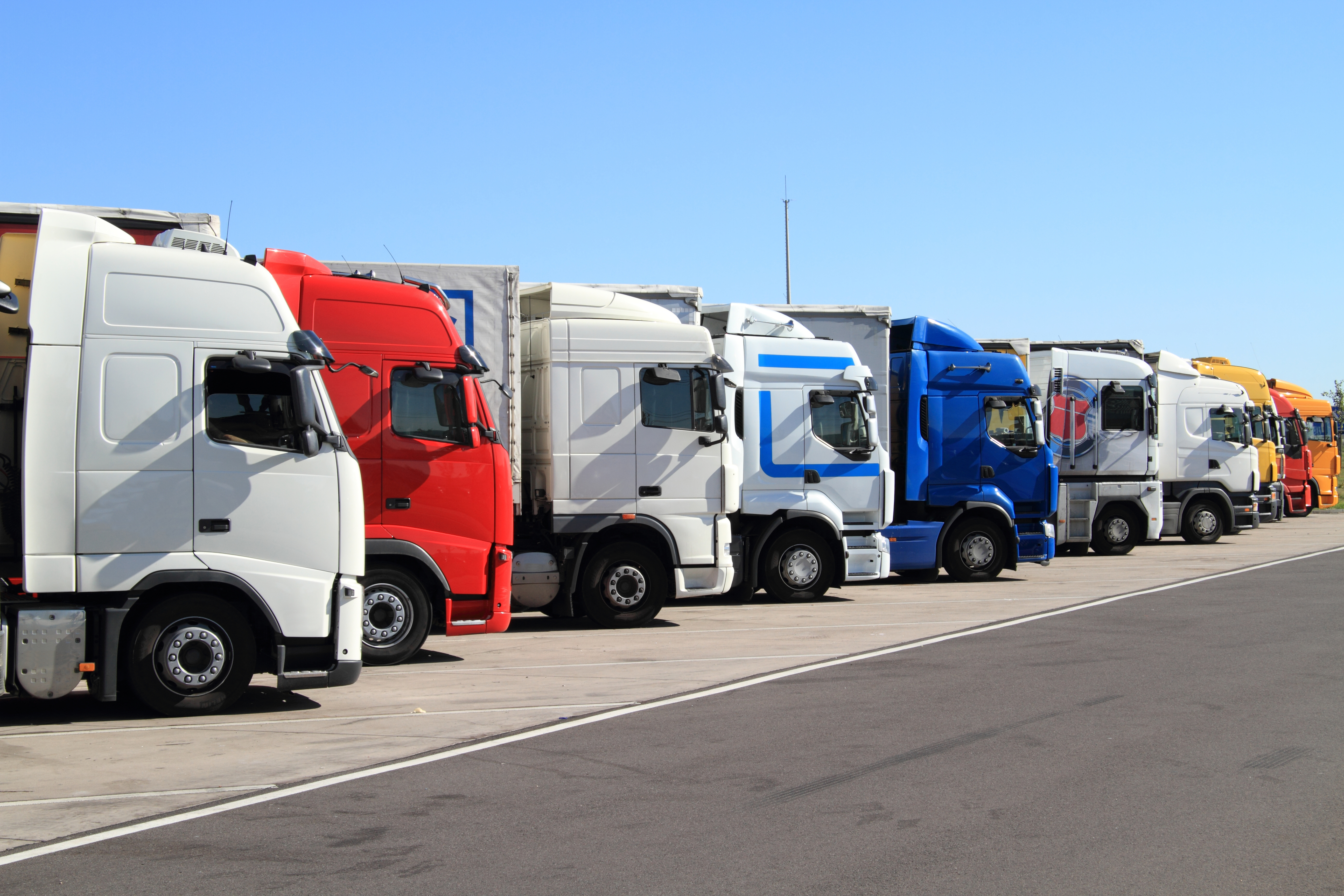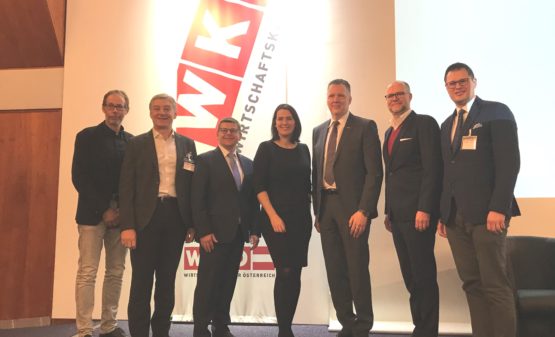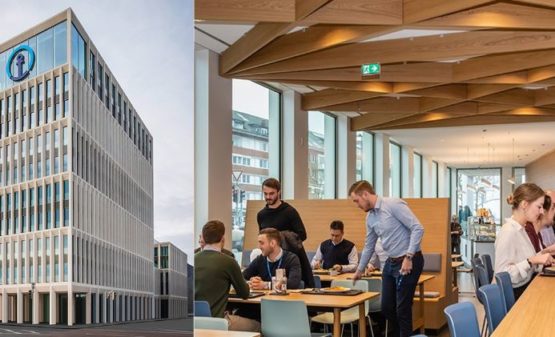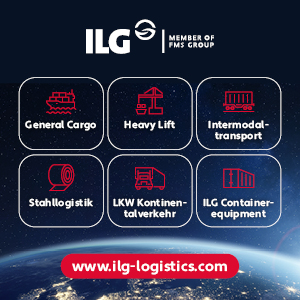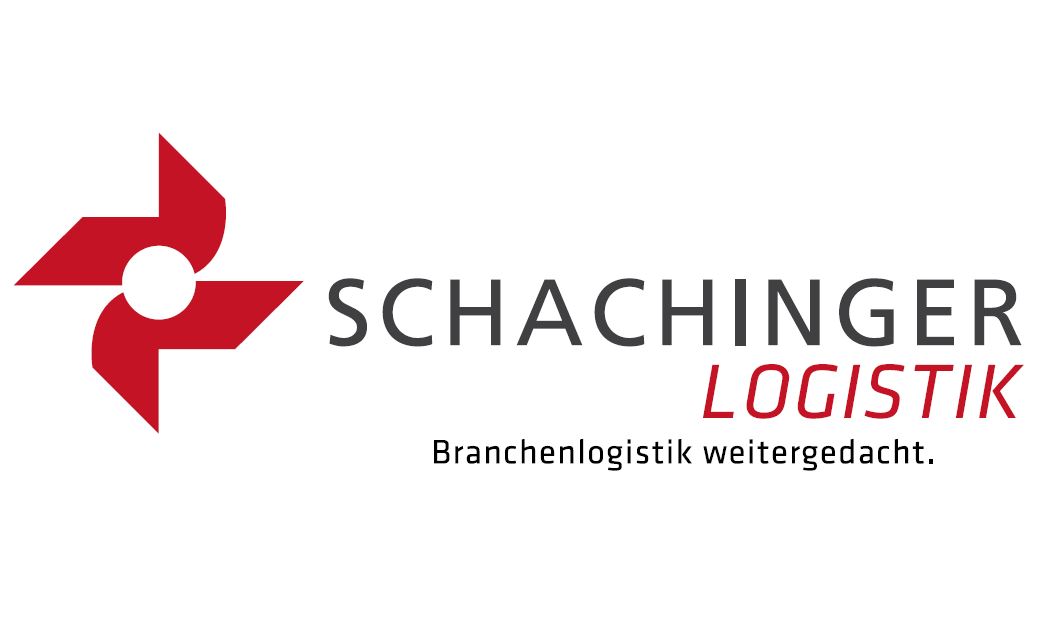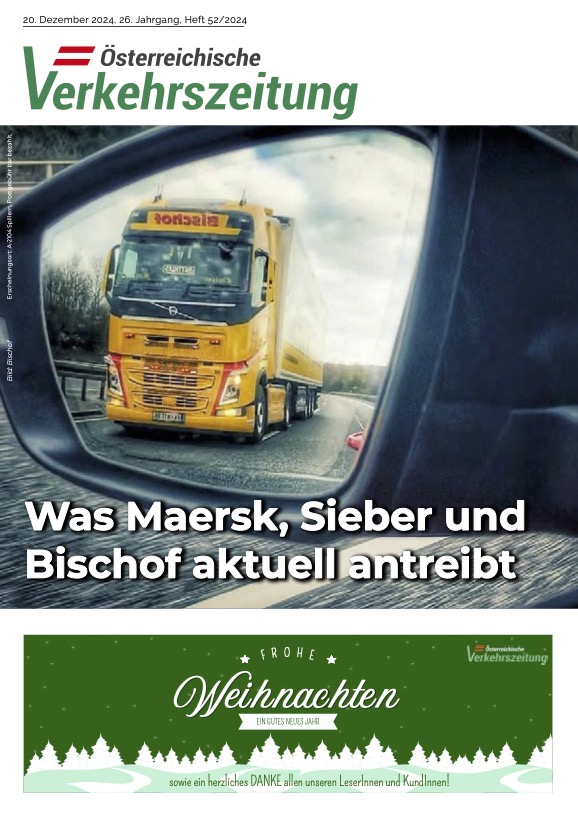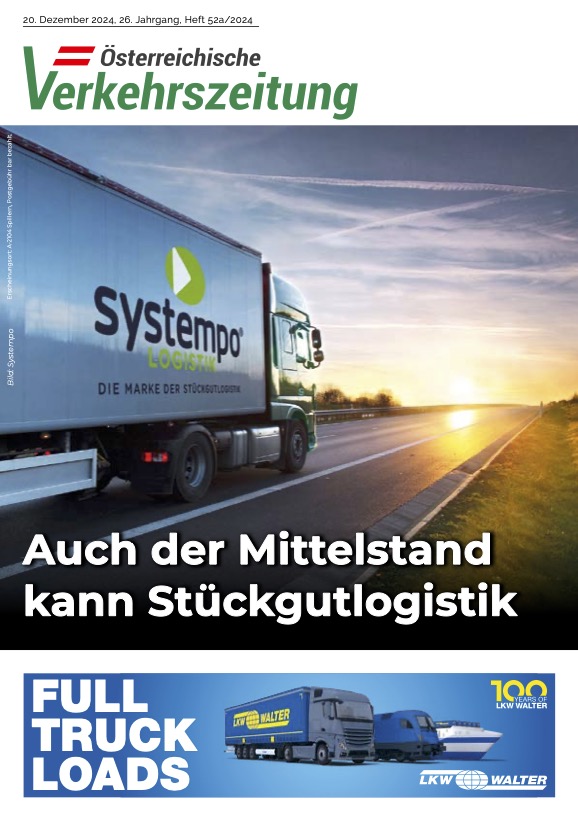The President of the Austrian transport and logistics association ZV, Alexander Friesz, welcomes the goal of the Graz declaration to create financial incentives for alternative vehicles. “The targeted promotion of emission-free and low-emission propulsion technology is an important step in accelerating the steering effect in the direction of reducing CO2 and thus approach the environmental goals of the EU and the Austrian government.”
The planned truck toll regulation for 2019 is counterproductive for the reduction of emissions and penalises those who drive trucks of the lowest-emission category – Euro 6 – by increasing this tariff in 2019 the most. In addition, e-trucks are planned to be included in this tariff class in 2019 as well. “I urge politicians to take their self-imposed goals seriously in promoting zero or low CO2 emission technology and to promote the use of such low-emission trucks instead of punishing it,” says Friesz.
Also, through legal liberalisation and adjustment of length measures, volumes and aerodynamic structures, efficiency can be increased. This reduces pollutants, CO2 emissions and traffic. “The legal requirements for car transporters should be harmonised to 20.75 meters according to the European conditions. With its current length regulation, Austria ranks among the last third in Europe. This means competitive disadvantages for companies, but also a burden for the environment. With a length of 20.75 meters, the car transporters could load one to two vehicles more per trip and thus greatly improve their efficiency,” appeals Alexander Friesz to the policy.


